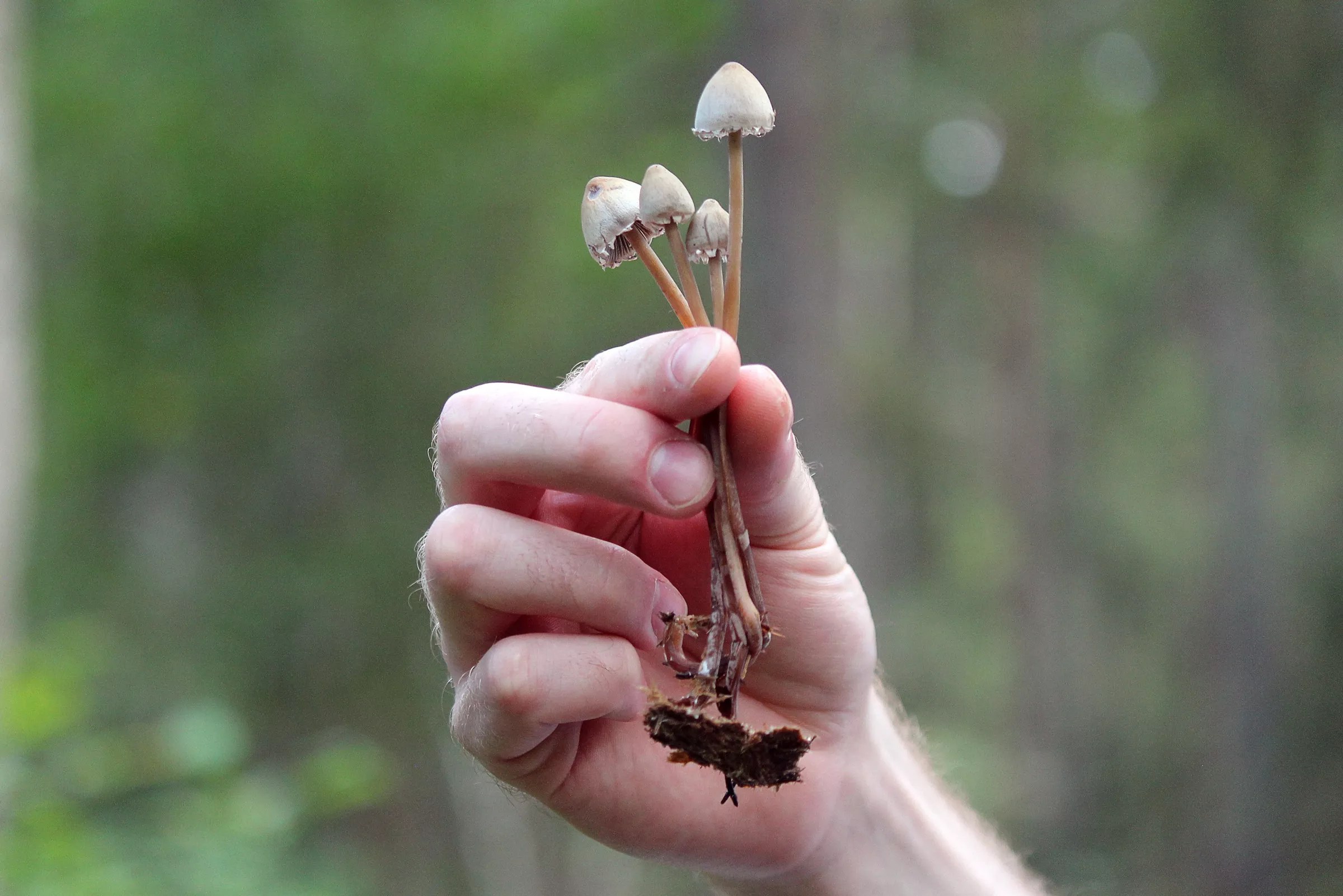
Unsplash/Tania Malréchauffé

Audio By Carbonatix
Last year, Colorado followed Oregon in legalizing the medical use of psilocybin, and several more states could be joining the party soon.
The rise in public interest in natural drugs has coincided with mounting evidence of mental health benefits from psilocybin, MDMA and other psychedelic substances, and voters and state governments are taking note. Medicinal psychedelics are now getting a policy push much like that given to medical marijuana ten years ago.
“It’s a health issue, not a criminal justice issue, and psychedelics is part of that equation,” California State Senator Scott Wiener told a panel via video message at the Psychedelic Science 2023 conference last week in Denver.
The proposal passed by Colorado voters in November 2022 decriminalized the personal use and cultivation of natural psilocybin, DMT, ibogaine and mescaline (but not from peyote). Weiner has introduced a bill in California that would decriminalize the same psychedelic plants and fungi included in Colorado’s 2022 ballot measure; his proposal, which passed the California Senate, was eventually pushed to the next legislative session, but others are in the works. According to the Multidisciplinary Association for Psychedelic Studies, 28 states across the country have had or are now considering ballot measures and bills that involve psychedelic research and law reform.
Nevada and Washington lawmakers approved bills this year that create psilocybin research and therapeutic access programs, and Hawaii passed a measure creating an advisory council looking into potential federal and state psychedelic laws. Georgia, Missouri, New York and Pennsylvania legislatures are also considering psychedelic bills, and Massachusetts could see one filed soon. A handful of states have recently passed legislation to fund research about how psychedelics impact mental health, as well.
The potential of psychedelics to treat addiction, anxiety, depression and post-traumatic stress has been endorsed and touted by everyone from Colorado Governor Jared Polis, a progressive Democrat, to former Texas governor and staunch Republican Rick Perry. Even Oklahoma and Texas state lawmakers have become more open to the idea of medical psychedelics. But that doesn’t mean it’s an easy conversation to start, according to Texas State Representative Alex Dominguez.
“This was a very different topic, and, for many representatives, a scary one to do out loud,” he said at the Psychedelic Science conference. Still, the idea of helping veterans makes any bill more “palatable” in Texas, he added, so he filed a measure in 2021 that promoted psychedelic research for veterans but was also “a bit of a shell bill to discuss multiple topics.”
Having science to help back up that discussion helps, too. The U.S. Food and Drug Administration designated psilocybin as a breakthrough therapy in 2019, clearing the way for federally approved trials of the drug. In 2022, researchers at Johns Hopkins University determined that psilocybin could serve as a “substantial antidepressant” for up to a year for some patients when paired with supportive therapy. And just four days ago, the FDA released its first draft of guidelines for clinical psychedelic research, announcing that psychedelics show “initial promise as potential treatments for mood, anxiety and substance use disorders.
The consumption of psychedelic mushrooms among young adults has also jumped in recent years, according to information published earlier this month in the Journal of Addiction Medicine.
In a recent study conducted by Columbia University and the University of Michigan, 6.6 percent of adults ages nineteen to thirty admitted to using hallucinogens other than LSD; 4.2 percent said they’d tried LSD as well. Those percentages might seem low relative to other substances, but the numbers have almost doubled over the last three years, according to researchers. And the popularity of natural drugs continues to explode.
“I’m all in,” Illinois State Representative LaShawn Ford said during a panel discussion at Psychedelic Science. Ford’s efforts to decriminalize certain psychedelic substances haven’t gotten far in the House, but he now has a powerful ally.
“When Oprah comes on and supports it, that makes it even easier,” he concluded.